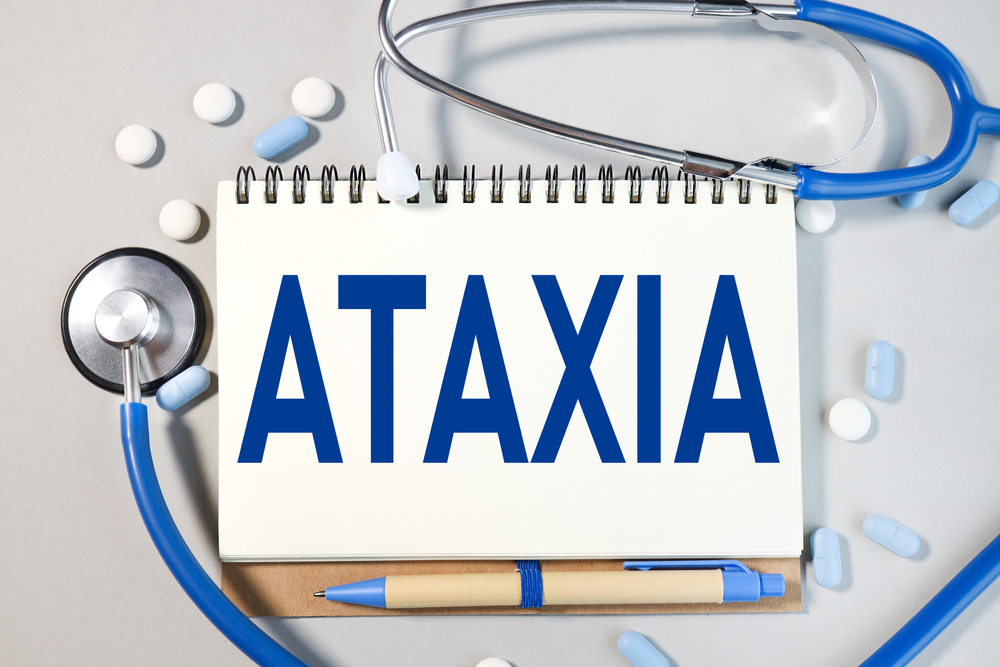Ataxia is classified as a lack of muscle coordination and control that impacts a person’s eye movements, speech, walk, capacity to swallow, and other voluntary movements. This may be caused by head trauma, stroke, multiple sclerosis, tumors, cerebral palsy, and excessive alcohol consumption. Also, ataxia may result from particular infections and immunological problems.
Moreover, some individuals may develop ataxia over time or due to genetic factors. This condition may start all of a sudden, stabilize, or worsen, depending on the cause.


